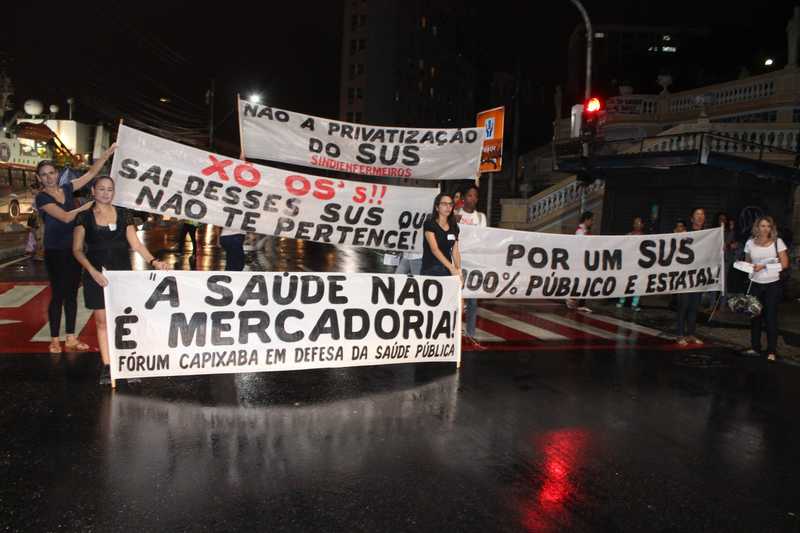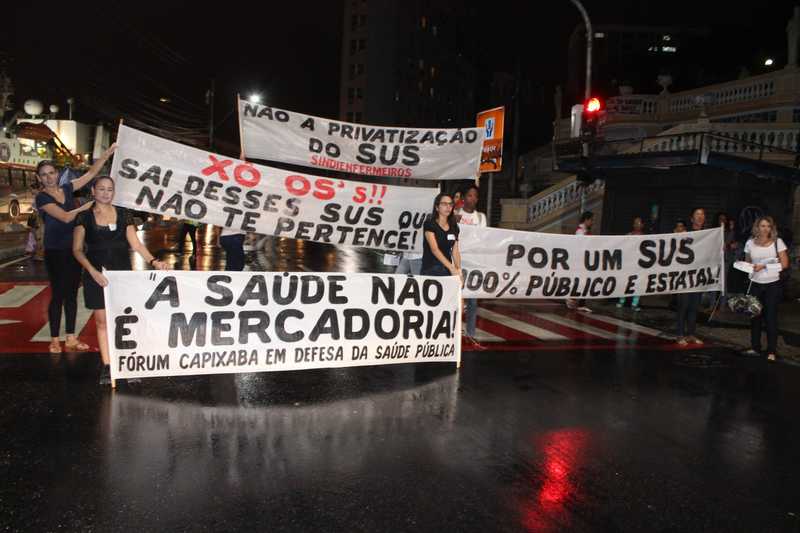
Nearly a year into the Covid-19 pandemic, intellectual property barriers continue to obstruct research, development, manufacturing, and distribution of Covid-19 health technologies that could end the pandemic and start global economic recovery. India and South Africa’s call at the World Trade Organization (WTO) for a “Waiver from certain provisions of the TRIPS Agreement for the prevention, containment and treatment of Covid-19” is critical for a just resolution of this public health crisis.
This is the third time in the last twenty years that a coronavirus has made the leap from animals to humans—SARS coronavirus in 2002, MERS coronavirus in 2012, and Covid-19 in 2019. Yet the current monopoly-based drug development model has not driven significant industry investment in coronaviruses before Covid-19, and we urgently need safe, efficient, and affordable diagnostics, treatments and vaccines for Covid-19.
On the one hand, multinational pharmaceutical corporations continue to control intellectual property, production and distribution of COVID-19 diagnostics, treatments and vaccines. Early in the pandemic, Gilead Sciences Inc. sold its entire production of Remdesivir, a drug that speeds up coronavirus recovery, to the US government, creating critical drug shortages for the rest of the world. Recently, Financial Times reported that AstraZeneca, U.K based pharmaceutical company mass-producing the most promising vaccine candidate from University of Oxford, could start asking a for-profit price as early as July 2021 upon examining its contract with the Fiocruz Foundation in Brazil, contrary to its promise to supply its vaccines at no cost. On the other hand, vaccine nationalism looms large. Oxfam reported that a small group of rich nations have already bought up more than half the future supply of leading COVID-19 vaccine contenders.
We saw unprecedented collaboration amongst researchers in the race to develop a Covid-19 vaccine. As we turn our attention to manufacturing and distribution, the WTO has a responsibility to remove intellectual property barriers and ensure a legal system is in place for accelerated technology transfer and equitable access to Covid-19 diagnostics, treatments, and vaccines. Without the WTO’s intervention, access to all Covid-19 health technologies is likely to be restricted by barriers of intellectual property, technology, price, and production.
This crisis has revealed the urgent and enduring need for international coordination, cooperation, and solidarity: no country can end the pandemic alone. The WTO Council must adopt India and South Africa’s proposal in the upcoming TRIPS Council meeting on 15-16 October 2020 and ensure equitable and affordable access to all Covid-19 health technologies.
Progressive International Covid-19 Response Working Group
Focus on the Global South (Benny Kuruvilla, Joseph Purugganan, and Shalmali Guttal)
Third World Network (Ranja Sengupta)
Achal Prabala, coordinator of the AccessIBSA project and a fellow of the Shuttleworth Foundation
Alexander Kentikelenis, Assistant Professor of Political Economy and Sociology, Bocconi University
Andrew Goldstein, Assistant Professor of medicine at NYU
Burcu Kilic, Research Director, Access to Medicines, Public Citizen
Dana Brown, Director of the Next System Project, The Democracy Collaborative
Deborah James, Our World Is Not for Sale, Center for Economic and Policy Research
Diyana Yahaya, feminist trade justice researcher and activist
Helen Yaffe, Lecturer in economic and social history, University of Glasgow
Laurie MacFarlane, Economics Editor, openDemocracy
Linsey McGoey, Professor of Sociology, University of Essex
Nancy Krieger, Professor of Social Epidemiology, Harvard T.H. Chan School of Public Health
Tithi Bhattacharya, Director of Global Studies, Purdue University
Photo: Flickr





